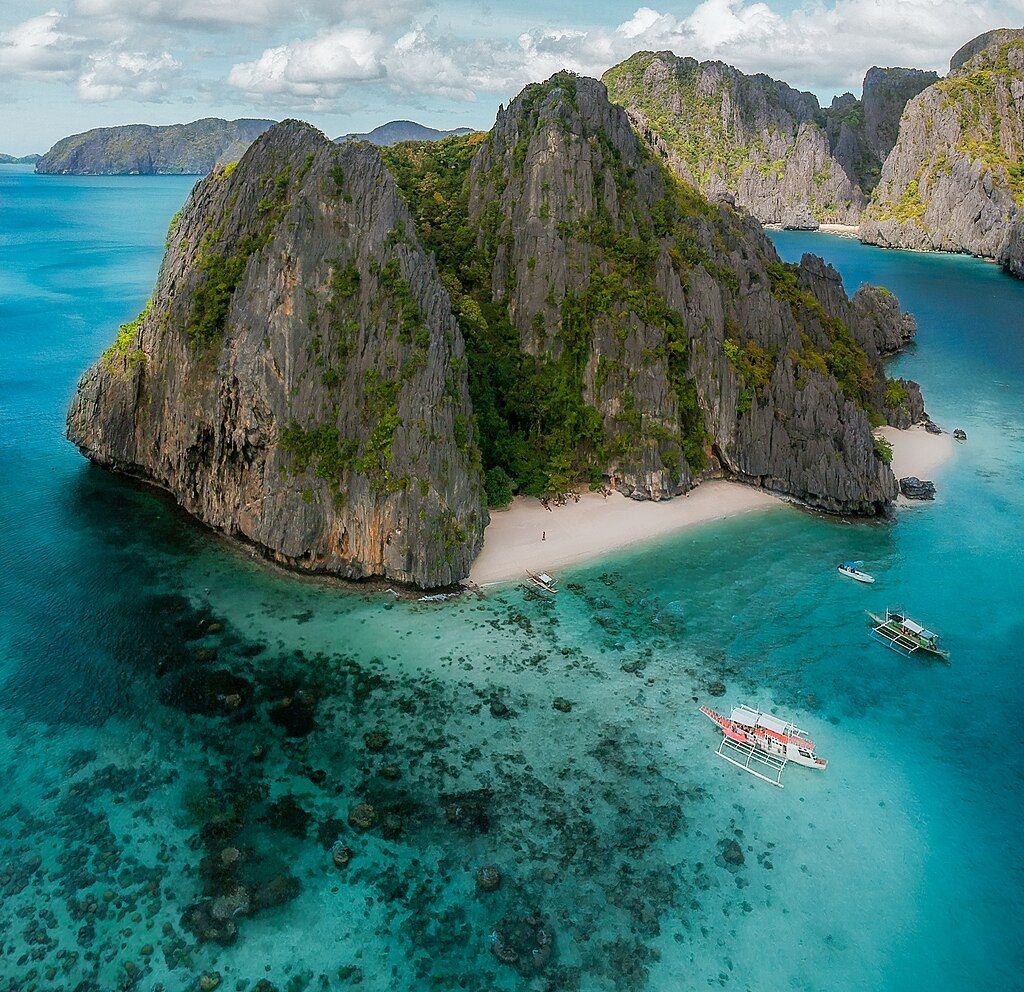The cost of travelling on the edge: Island nations face the rising tide
When you think of island nations, an image probably comes to mind: pristine oceans, sandy beaches, and vibrant coral-reef cover create a setting as idyllic as they come.
Understandably, the attractiveness of island nations has made them a haven for tourism. Revenues from tourism often exceeds 40% of GDP in over a dozen such countries, making them an importance source of income and employment for their residents. However, this way of life is currently facing an existential threat: climate change.
Tourism…is especially vulnerable to the impacts of climate change
Whether it be surfing, snorkelling, or sailing, tourism in island nations is overwhelming concentrated around coastlines. This means that tourism infrastructure – everything from roads to resorts – is close to the ocean. Because of this, it is especially vulnerable to the impacts of climate change, whether it be rising sea levels or storm surges from ever more frequent tropical cyclones.
A study of the Bahamas, where tourism contributes 70% of GDP, makes this clear. A recent study, focusing on two of the country’s islands, found that a one-metre increase in sea levels, combined with a category five hurricane, could threaten 83% of tourism infrastructure. This leads the authors to conclude that climate change could lead to a “significant loss in revenue and employment” for the islands’ residents.
Coral death leaves beaches more vulnerable to erosion by rising sea levels.
Rising sea levels threaten island tourism in another respect: coral bleaching. Recently, officials in Thailand closed a national marine park due to “severe coral bleaching”, highlighting the threat this phenomenon poses. Bleached corals are also more vulnerable to coral death. Given the role that corals play in reducing the height of waves by absorbing wave energy, coral death leaves beaches more vulnerable to erosion by rising sea levels.
As sea levels rise, waves encroach ever more on coastlines, dislodging rocks and sand in the process. One study suggests Martinique, a Caribbean island where tourism generates hundreds of millions of dollars’ worth of output, could lose all its beaches to coastal erosion if sea levels continue to rise. Another, focusing on 30 Caribbean islands, finds that beach erosion could nearly halve direct tourism revenue, significantly depressing living standards. Clearly, the stakes are high.
This multiplicity of problems begs an urgent question: how do we save island tourism in the face of climate change? For one, high-emitting countries must take the lead on tackling climate change by hastening emissions reductions. That being said, island nations must act too.
Many will require assistance, particularly monetary aid, from wealthier countries.
To protect coral reefs, tourism and commercial practices need to be sustainable. Fishing practices using chemicals like potassium pose a grave threat to coral reefs, so regulation of these practices by island nation governments to preclude water pollution is essential. Restricting tourism numbers in areas with coral reefs is also crucial. Whilst it might reduce tourism revenues in the short term, it will reduce the amount of stress coral reefs experience, enhancing their longevity in the long run.
Meanwhile, the range of solutions to beach erosion each entail significant trade-offs. One such solution is beach nourishment, where sand from external sources is used to replenish beaches experiencing erosion. However, this can be extremely costly, especially given that nourishment has to be continually undertaken for beaches to be protected.
Even if island nations can take actions within their own borders to mitigate the effects of climate change, many will require assistance, particularly monetary aid, from wealthier countries.
It is clear that significant challenges lie ahead for island nations that rely on tourism.
That being said, island nations tend to have little political power and economic strength. This, alongside the fact they are disproportionately populated by people of colour in a world that is often fraught with racism – contributes to the marginalisation of their concerns in mainstream discussions. It is clear that significant challenges lie ahead for island nations that rely on tourism, with this issue highlighting the intersection between climate change, global inequality, and racial injustice.

Comments